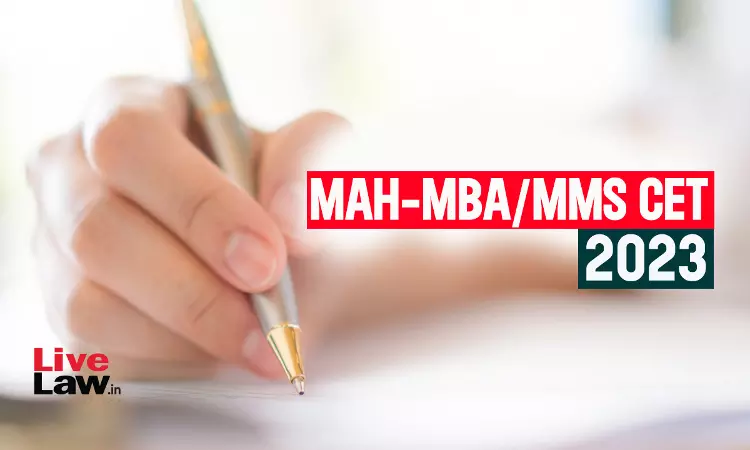Bombay High Court Refuses To Quash Admission Process For MBA/MMS Courses Through CET 2023
Amisha Shrivastava
11 July 2023 2:38 PM IST

Court rejected plea by over 150 candidates objecting to the normalization process for the exam, conducted online in several slots.
Next Story


